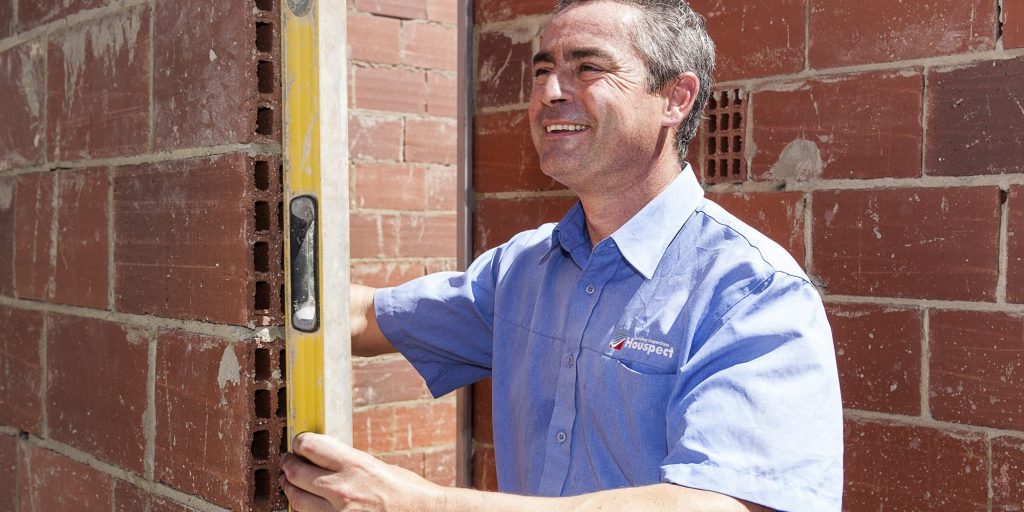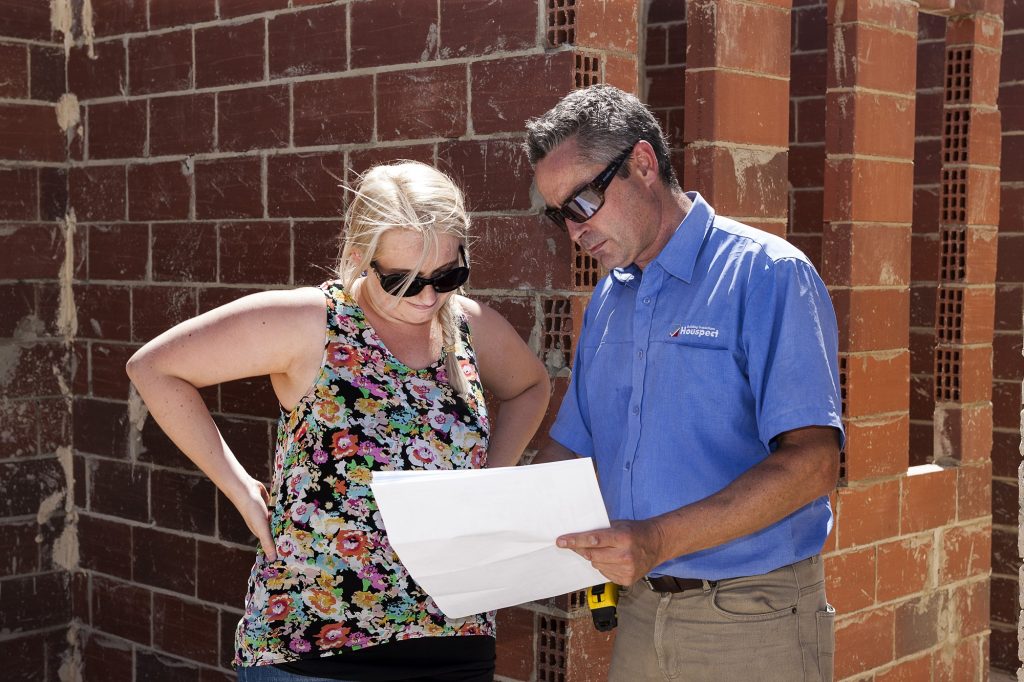Buying a home is one of the most significant investments most people will make in their lifetime. To safeguard this investment, a thorough home inspection is crucial. However, even with professional inspections, properties can sometimes fail to meet required standards. Understanding the reasons behind these failures and learning from them is essential for both buyers and sellers. Drawing on insights and reviews from Houspect NSW, this blog explores common reasons for unsuccessful inspections and the valuable lessons they offer.
1. Understanding the Importance of Home Inspections
Home inspections are critical in identifying potential issues that could affect the value and safety of a property. They provide buyers with detailed information about the condition of the home, helping them make informed decisions. Sellers, too, benefit by addressing issues beforehand, potentially increasing their property’s marketability.
Despite these benefits, inspections can sometimes reveal serious problems that lead to a failed report. By examining these failures, we can glean important lessons to prevent future issues.
2. Common Reasons for Unsuccessful Inspections
Based on insights from Houspect NSW, several common issues frequently lead to failed inspections:
- Structural Problems: Structural integrity is paramount. Issues such as foundation cracks, uneven floors, and compromised load-bearing walls are serious red flags. These problems can be costly to repair and may pose safety risks.
- Water Damage and Leaks: Water damage, often resulting from leaks, can lead to mould growth, wood rot, and structural deterioration. Roof leaks, poor drainage, and plumbing issues are typical culprits.
- Electrical Issues: Faulty wiring, outdated electrical panels, and non-compliant installations can be dangerous. Electrical problems not only pose fire hazards but also indicate a need for extensive repairs.
- Plumbing Deficiencies: Plumbing issues, including leaking pipes, poor water pressure, and malfunctioning water heaters, can significantly affect a home’s liveability and require costly repairs.
- Pest Infestations: Termites and other pests can cause extensive damage to a property. Pest infestations often indicate underlying issues such as wood rot or dampness.
- HVAC System Failures: Heating, ventilation, and air conditioning (HVAC) systems are essential for comfort and health. Faulty or inefficient systems can be expensive to repair or replace.
3. Lessons Learned from Failed Inspections
Learning from failed inspections can help homeowners, buyers, and sellers take proactive steps to avoid similar pitfalls.
- Regular Maintenance is Crucial: Regular maintenance can prevent many issues that lead to failed inspections. Routine checks and timely repairs of plumbing, roofing, and HVAC systems can mitigate potential problems.
- Invest in Pre-Listing Inspections: Sellers should consider conducting a pre-listing inspection. Identifying and addressing issues before listing a property can make it more attractive to buyers and prevent surprises during the buyer’s inspection.
- Understand Building Codes and Standards: Familiarity with local building codes and standards can help homeowners ensure their property remains compliant. This is particularly important for renovations and extensions, which must meet current regulations.
- Address Water Issues Promptly: Water damage can escalate quickly, leading to structural problems and mould growth. Promptly addressing leaks and ensuring proper drainage can prevent these issues from worsening.
- Hire Qualified Inspectors: Working with experienced and reputable inspectors, such as those from Houspect NSW, ensures a thorough and accurate assessment. Qualified inspectors can identify subtle issues that might be overlooked by less experienced professionals.
4. Reviews from Houspect NSW
Houspect NSW is renowned for its comprehensive and professional inspection services.
Here are some insights from their reviews:
- Thoroughness and Detail: Many clients praise Houspect NSW for their thorough and detailed inspection reports. They appreciate the clarity and comprehensiveness of the information provided, which helps them make informed decisions.
- Professionalism and Expertise: Houspect NSW inspectors are often commended for their professionalism and expertise. Clients feel confident in the inspectors’ ability to identify issues and provide reliable advice.
- Customer Service: The customer service provided by Houspect NSW is frequently highlighted in reviews. Clients appreciate the prompt responses, clear communication, and willingness to answer questions, which enhances their overall experience.
- Peace of Mind: Many buyers and sellers express that working with Houspect NSW gave them peace of mind. Knowing that their property had been thoroughly inspected by knowledgeable professionals helped alleviate stress and uncertainty.
5. Taking Proactive Steps
To minimize the risk of failed inspections and the associated costs, homeowners and potential buyers should take proactive steps:
- Educate Yourself: Understanding common inspection issues and maintenance practices can help you spot potential problems early and take corrective action.
- Budget for Repairs: Set aside a budget for ongoing maintenance and unexpected repairs. This financial preparedness can ease the burden when issues arise.
- Communicate with Inspectors: Don’t hesitate to ask inspectors for clarification on their findings. Understanding the implications of inspection results is crucial for making informed decisions.
- Plan for the Long Term: Consider the long-term implications of inspection findings. Some issues may require immediate attention, while others can be planned for future maintenance.
Unsuccessful inspections can be a source of stress and expense, but they also offer valuable lessons. By understanding common issues and learning from these experiences, homeowners, buyers, and sellers can take proactive measures to ensure their properties are safe, compliant, and well-maintained. Insights and reviews from Houspect NSW highlight the importance of thorough inspections and professional expertise in navigating the complexities of property maintenance and transactions. Embracing these lessons will lead to more informed decisions and ultimately, more successful and satisfying homeownership experiences.







